Peanut Companion Plants – Learn About Companion Planting With Peanuts
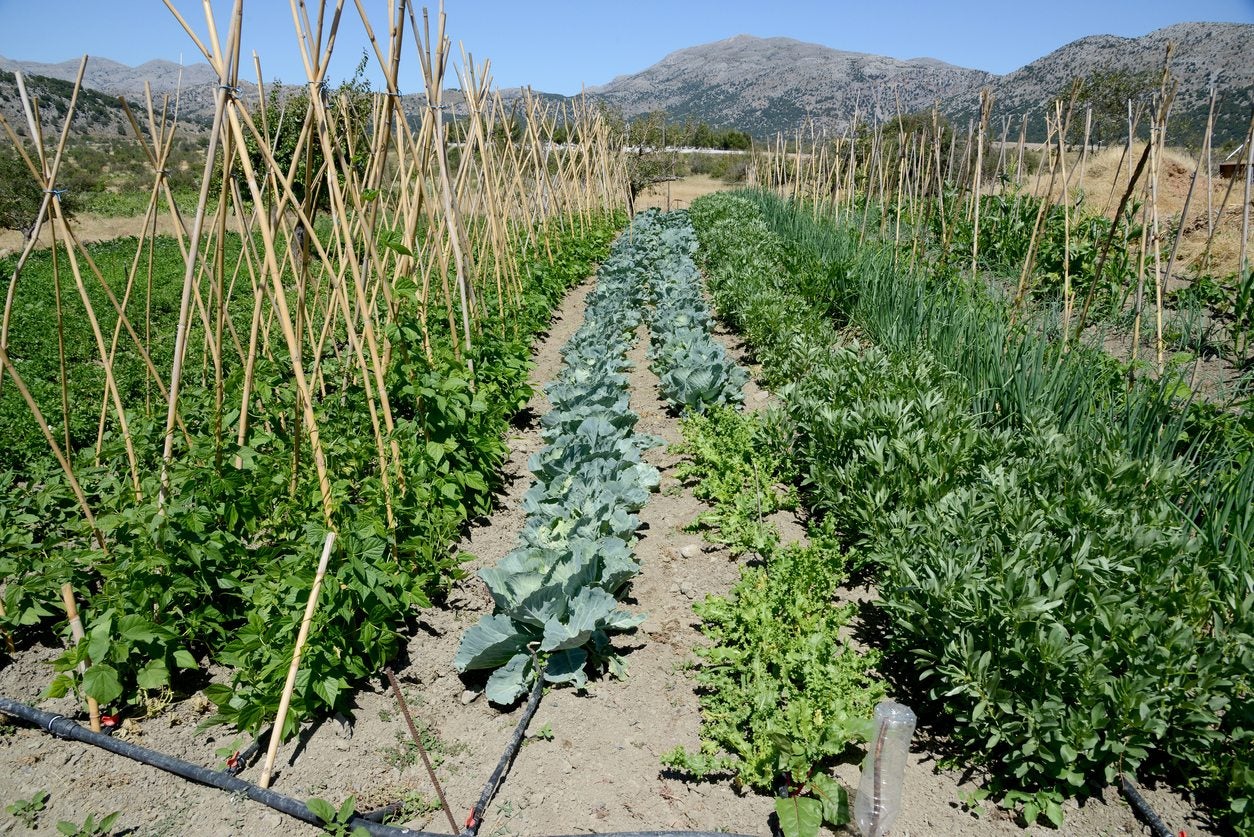

We know peanuts as the central ingredient in the childhood favorite, peanut butter, but do you know how to grow them? Peanuts are ground nuts and scramble low about the earth. Their particular growing requirements mean any plants grown nearby must also like full sun, well-drained soil, and deeply fertile sandy loam. This begs the question, what are good companions to peanuts. The answer is quite extensive and may surprise you. Numerous food crops are perfect peanut companion plants.
What to Plant with Peanuts
Peanuts are pleasant plants with pretty little yellow flowers and a spectacular method of nut production. Nuts grow from pegs or stems that insert themselves into the ground and develop into peanuts. Needing as much sun as possible during the day, companion planting with peanuts should not include tall plants, which will shade the ground nuts. Companions to peanuts must enjoy the same soil and sun conditions but also a high amount of calcium, a nutrient that promotes the formation of healthy plants and ground nuts.
Vegetables
Ideal plants with peanut crops might be other in-ground crops like beets and carrots. Potatoes are another good in-ground plant with similar growing needs. In-ground crops to avoid are onions and other members of the Allium family. Very tall crops, like pole beans and corn, should be avoided, as they will shade the peanut plants and can inhibit nut formation. Food crops such as cabbage and celery enjoy the same site conditions but are not so tall as to create shade. Short season or fast producing crops like lettuce, snow peas, spinach, and radish are excellent plants that grow well with peanuts. Their production will be finished long before peanut plants flower and begin to peg into the soil.
Herbs/flowers
Many herbs offer unique pest deterrent capabilities as well as increase pollinators during their flowering period. Certain flowers also offer these benefits when planted in proximity to food crops. Marigolds and nasturtiums are two classic examples of flowering companions with pest repellent properties and pollinator charm. Herbs like rosemary, savory, and tansy will draw in pollinating insects and have some ability to attract beneficial insects while sending the bad bugs running. Much of this is thought to be attributed to the potently scented oils in the leaves of the plants, but whatever the reason, they have the same growing requirements as peanuts and will thrive in the same garden bed. Many more herbs are great plants that grow well with peanuts. Herbs that produce profuse flowers are especially welcome as their colors and scents will bring in important insects that will pollinate the peanut flowers.
Using Groundcover Companion Planting with Peanuts
Any companion plants near peanuts should ideally not cover up the plants and reduce their sun exposure. However, a unique companion combo with strawberries offers both beauty and double duty in the same garden space. Strawberry plants with their runners will gradually take over an area. However, in their first year they provide a nice groundcover that will prevent many weeds and help conserve soil moisture by preventing evaporation. Both peanuts and strawberries have the same soil and site requirements. The berries grow lower than the 12 inch (31 cm.) peanut plants and will not suffocate them. Care should be taken to prevent berry runners from rooting within 3 inches (8 cm.) of the peanut plant as this could interrupt the pegging process.
Gardening tips, videos, info and more delivered right to your inbox!
Sign up for the Gardening Know How newsletter today and receive a free copy of our e-book "How to Grow Delicious Tomatoes".

Bonnie Grant is a professional landscaper with a Certification in Urban Gardening. She has been gardening and writing for 15 years. A former professional chef, she has a passion for edible landscaping.
-
 Looking For Plants To Give You The Soft And Fuzzies? Try These 5 Fuzzy Leaf Plant Options
Looking For Plants To Give You The Soft And Fuzzies? Try These 5 Fuzzy Leaf Plant OptionsLovers of texture, drama, silver foliage and tactile plants will adore these special sensory garden additions. These fuzzy leaf plant options will leave you all aglow
By Susan Albert
-
 Get Ready For A Summer Of Hummers! Grow These Full Sun Hummingbird Plants and Flowers
Get Ready For A Summer Of Hummers! Grow These Full Sun Hummingbird Plants and FlowersIf you’re lucky enough to enjoy a sunny backyard, make sure you are maxing out on your pollinator opportunities and grow these full sun hummingbird plants and flowers
By Tonya Barnett
-
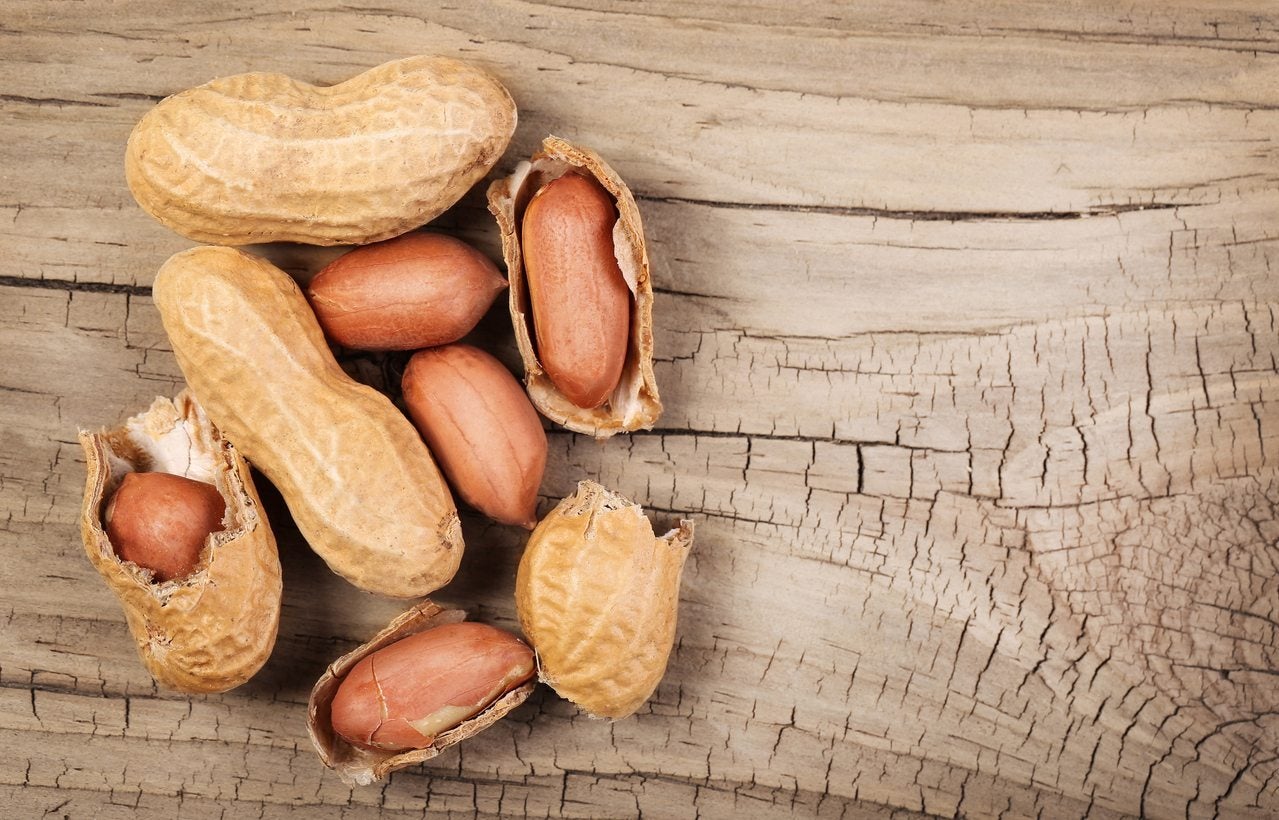 Valencia Peanut Info: Learn How To Grow Valencia Peanuts
Valencia Peanut Info: Learn How To Grow Valencia PeanutsIf you are only familiar with peanuts in the form of peanut butter or ballpark snack, you may be wondering what are Valencia peanuts? Click this article to find out how to grow Valencia peanuts and other info on Valencia peanut varieties.
By Amy Grant
-
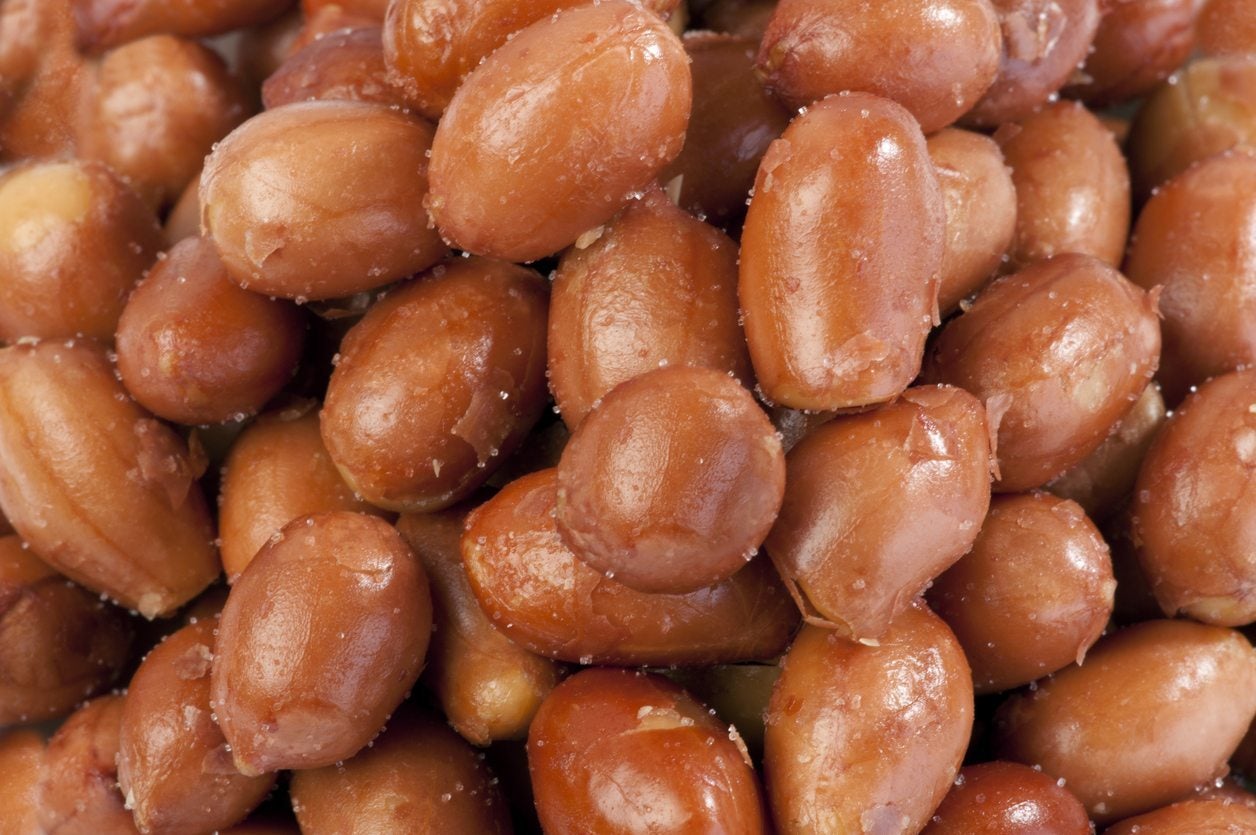 Spanish Peanut Information: Tips On Growing Spanish Peanuts In Gardens
Spanish Peanut Information: Tips On Growing Spanish Peanuts In GardensIf you've ever enjoyed peanut candies or peanut butter, then I'm sure you are familiar with their tasty potential and can't wait to get started growing Spanish peanuts in your garden. Let's get talking about Spanish peanut information and find out how to grow Spanish peanuts here.
By Shelley Pierce
-
 Watering Peanut Plants: How And When To Water A Peanut Plant
Watering Peanut Plants: How And When To Water A Peanut PlantHalf the fun of raising peanut plants is watching them grow and change rapidly. But in order to achieve this feat, certain peanut water requirements must be met. So how much water does a peanut plant need? Find out in this article.
By Gardening Know How
-
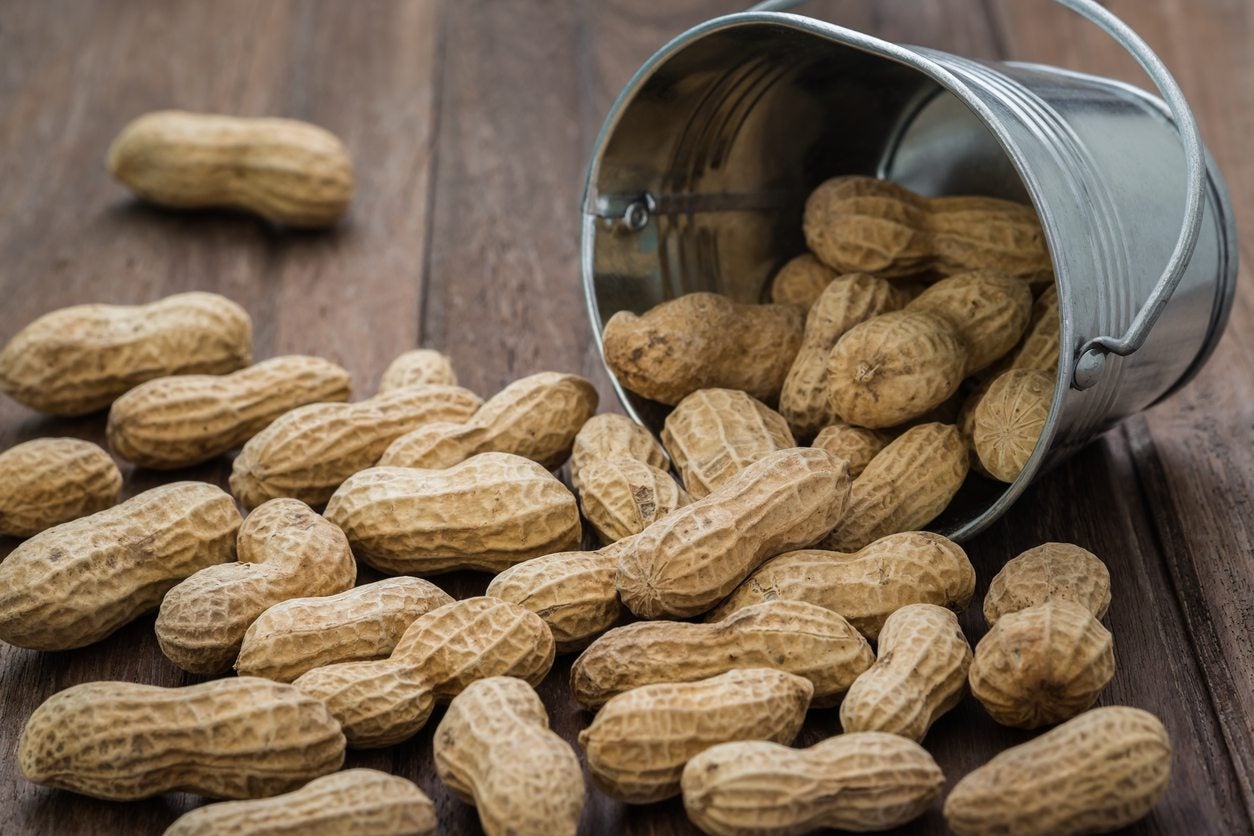 What Is A Virginia Peanut: Information On Planting Virginia Peanuts
What Is A Virginia Peanut: Information On Planting Virginia PeanutsAmong their many common names, Virginia peanuts are called goobers, ground nuts and ground peas. Although they're not grown exclusively in Virginia, their common name gives a nod to the warm southeastern climates where they thrive. Learn about them here.
By Victoria Blackstone
-
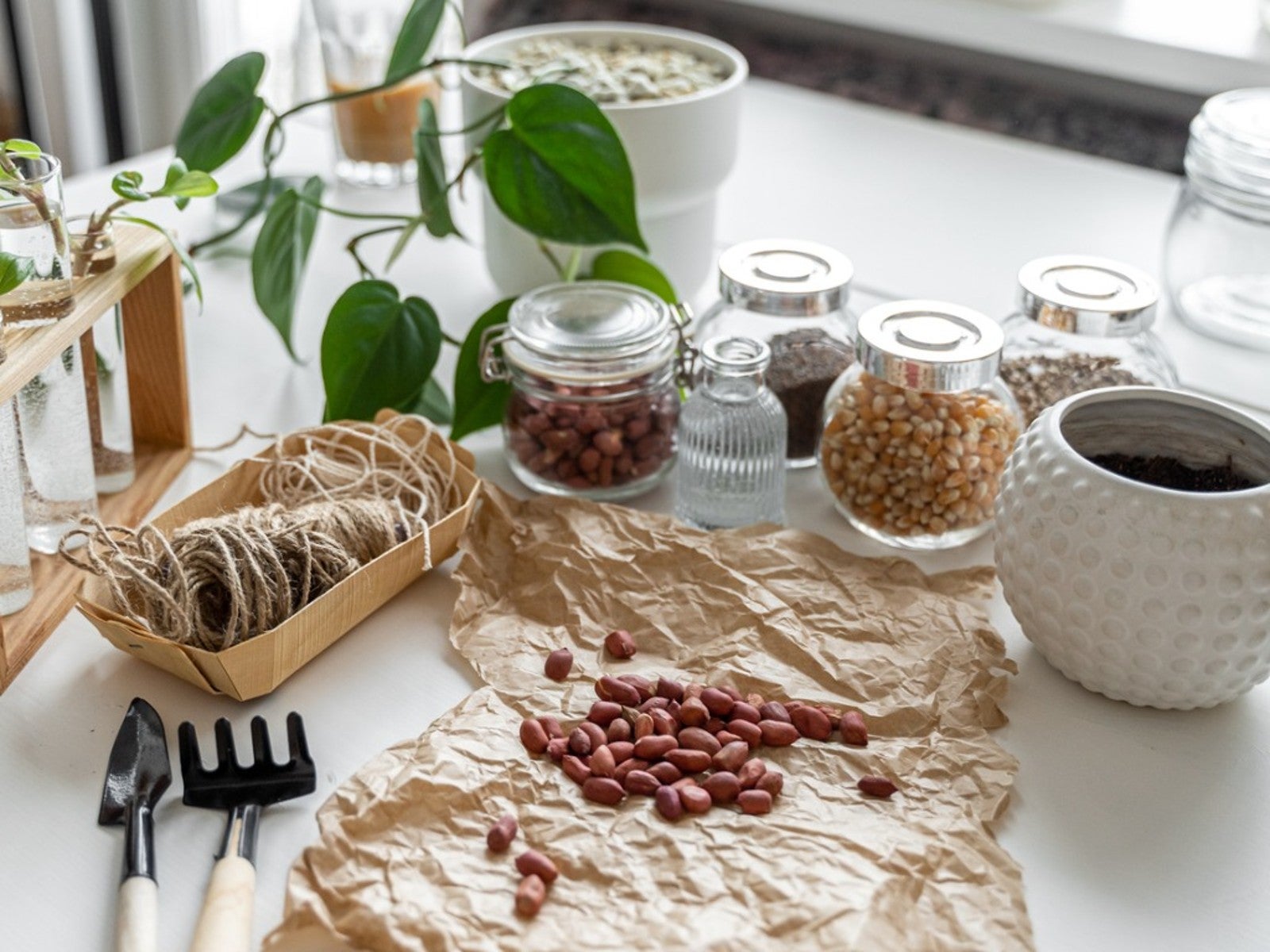 Indoor Peanut Growing – Learn How To Grow Peanuts Indoors
Indoor Peanut Growing – Learn How To Grow Peanuts IndoorsCan I grow a peanut plant indoors? This may sound like an odd question to people who live in sunny, warm climates, but for gardeners in chilly climates, the question makes perfect sense! If you want to learn how to grow peanuts indoors, click this article.
By Mary H. Dyer
-
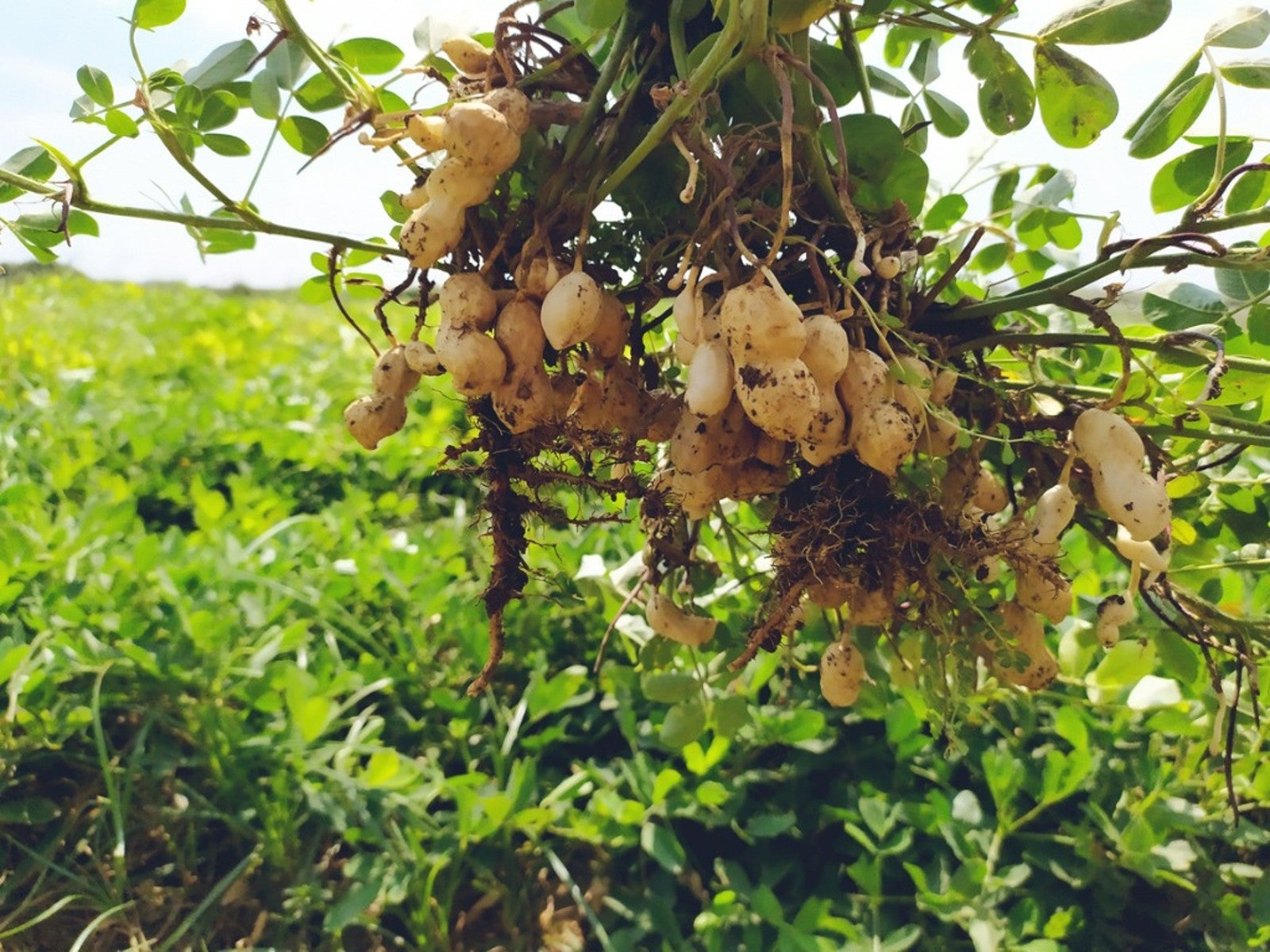 Runner Type Peanuts – Information About Runner Peanut Plants
Runner Type Peanuts – Information About Runner Peanut PlantsPeanuts are not at the top of the list of the most common plants in the garden, but they should be. They're relatively easy to grow, and there's nothing cooler than curing and shelling your very own peanuts. Learn about runner type peanuts in this article.
By Liz Baessler
-
 Groundcover Peanut Varieties: Using Peanut Plants As Groundcover
Groundcover Peanut Varieties: Using Peanut Plants As GroundcoverIf you are tired of mowing your lawn, take heart. There is a perennial peanut plant that produces no nuts but provides a beautiful lawn alternative. The pretty little yellow flowers are edible and can be used in salads. Learn more about these plants here.
By Bonnie L. Grant
-
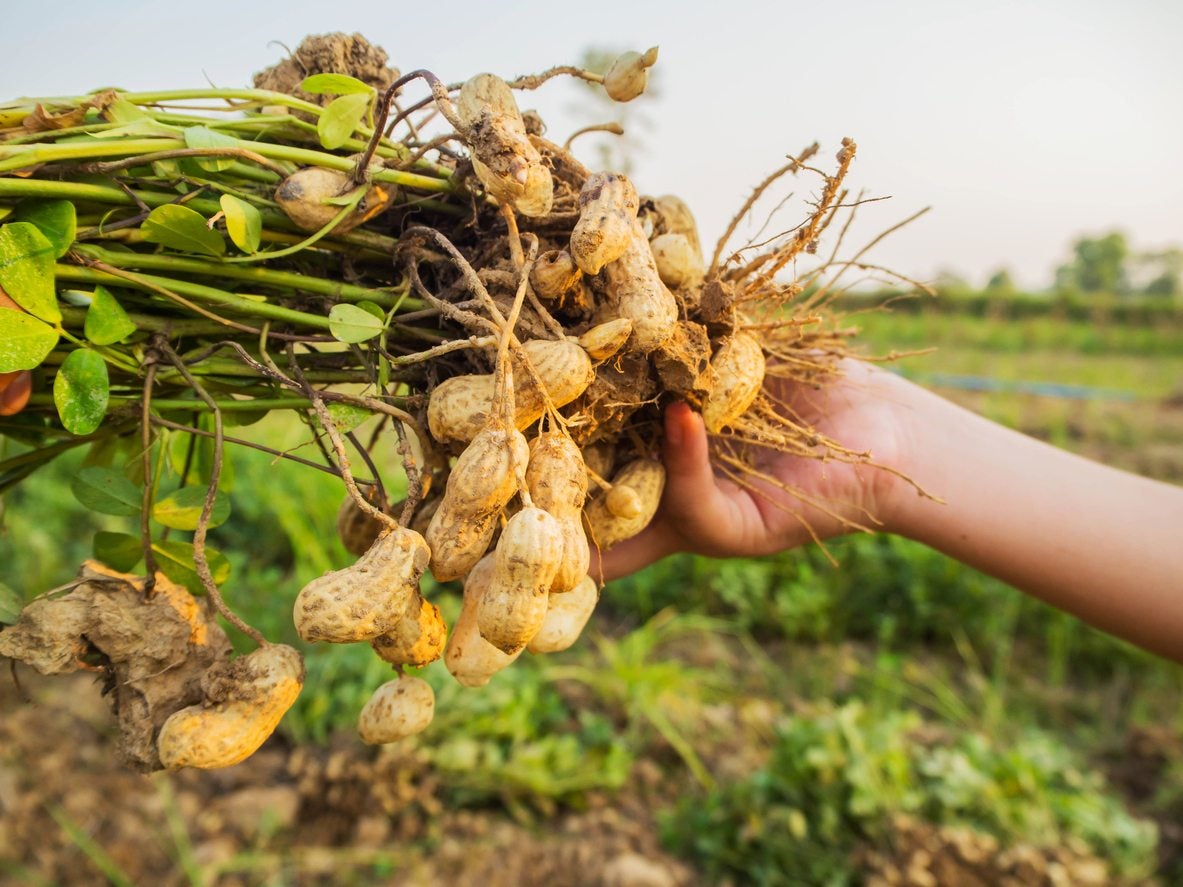 Types Of Peanut Plants: Learn About Different Varieties Of Peanut
Types Of Peanut Plants: Learn About Different Varieties Of PeanutWant to grow peanuts? How hard can it be? After all a peanut is a peanut. But what if your search of peanut plant seeds reveals that there's more variety to peanuts than you knew? Learn about the differences between these peanut plant varieties in this article.
By Darcy Larum